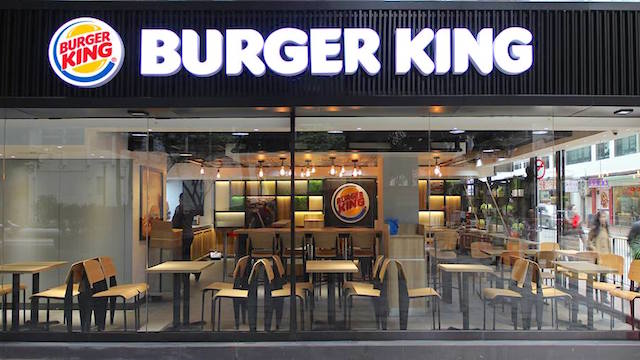After a rather lackluster second quarter, Restaurant Brands sales have gained pace with total revenue grow of 5.5 per cent.
This was aided by a solid performance from both Tim Hortons and Burger King, especially in terms of total system sales. In turn this has provided a nice boost to net income which is up 17.7 per cent over the prior year. Notably, it is the growth of Tim Hortons that has contributed most to the bottom line improvement.
While the overall figures are a cause for celebration the underlying numbers still show some signs of weakness. This is most noticeable in the US and Canada where Burger King’s sales were down 0.5 per cent on a comparable basis and down 0.1 per cent on a total system basis. While this reflects the sluggish foodservice market over the period and some tough comparatives from last year, in light of McDonald’s more robust numbers it is disappointing that Burger King did not push into positive territory.
The weak domestic growth is proof that some of Burger King’s recent menu innovations have had a limited impact on sales. Although products like grilled dogs and Mac n’ Cheetos have generated interest and sold well, these sales have been made at the expense of existing products.
Moreover, despite high levels of interest on social media, the new launches do not appear to have had a sustainable impact on customer traffic levels. This underlines the fact that Burger King has more work to do to increase its appeal – including focusing on core lines and the overall restaurant experience. On the product front, this seems to be a path that it is now following with the launch of a less gimmicky Bacon King Burger earlier this month.
Fortunately for Burger King, its weak domestic performance was more than offset by strong international growth. While comparable growth in Europe has slowed somewhat, a strong pipeline of new restaurant openings has driven up total Restaurant Brands sales by a healthy 11.9 per cent. New restaurant openings also fuelled Asian growth, although a more healthy pace of expansion in the overall market also helped underlying numbers to a solid uplift of 5.3 per cent.
Across the international business, Burger King’s use of master franchise agreements in various countries has helped it to expand steadily and solidly in a way that remains sensitive to local conditions and dynamics.
The numbers from Tim Hortons remain reasonable. However, despite good underlying growth at existing US stores, expansion was lacklustre with a net closure of one store over the period. Tim Hortons has significant headroom for growth in the US, but it does not appear that Restaurant Brands will take advantage of that this year. However, following an agreement to expand in Minneapolis and into the Philippines the prospects for expansion both in the US and internationally in the next fiscal year are cause for more than optimism.
- Håkon Helgesen is a retail analyst with Conlumino.






